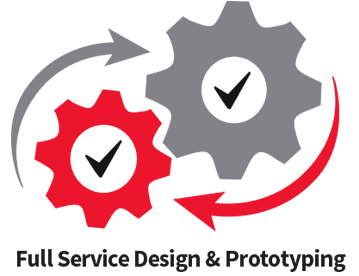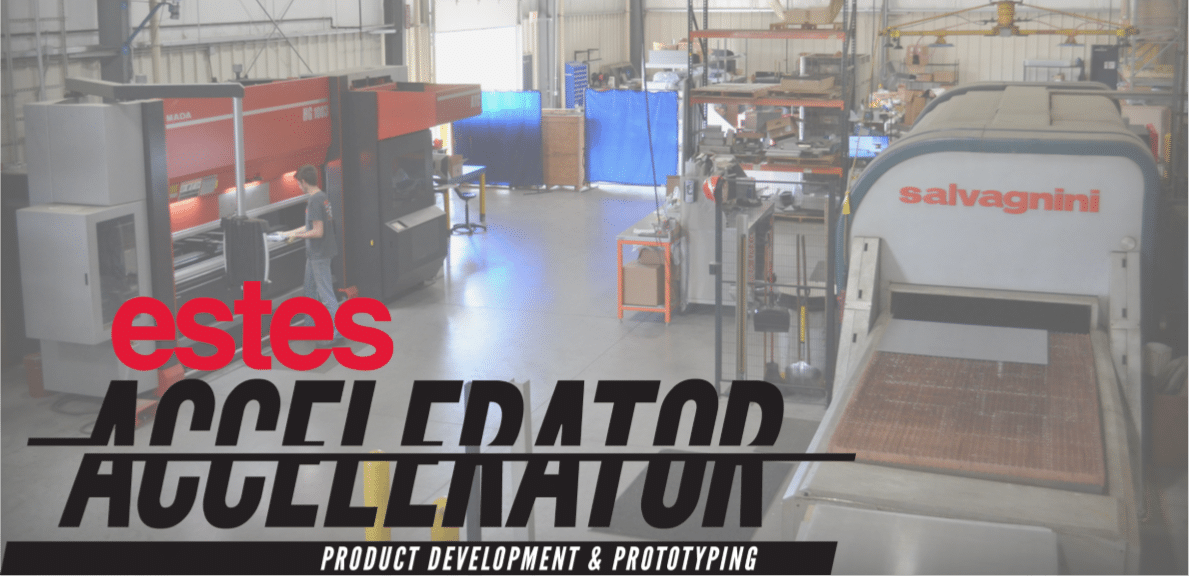The road from product conception to full production is often full of unexpected obstacles, twists, and turns along the way. A prototype, which you can test in the real world, helps to smooth out that road on a smaller scale. The prototype process allows you to pivot quickly to rectify errors or omissions before production. But should you use different companies for prototyping and full production?
There are several benefits to having your prototype produced by your production fabricator. We share three here:
 Continuity
Continuity
Continuity in mindset is equally as important as continuity in technology and process. By continuity of mindset, we mean that you should look for a prototype house with a production mindset. They should be applying their technology to make the best part possible in the most efficient manner possible. Shops that focus solely on prototypes are often short-sighted and are churning out parts quickly without considering design for manufacturability or assembly principles that affect long-term production.
You want a final product that looks and functions exactly like the prototype you’ve used for testing. Using the same vendor for prototyping and production will ensure you have continuity of technology and process so that your production processes imitate those already validated in the rapid sheet metal prototyping phase. Using two different vendors could mean different equipment, different capabilities, and different processes, which ultimately could result in undesirable differences between your prototypes and your production parts.
 Speed
Speed
When you are working with the same fabricator, your prototype is designed for full-scale production, and you don’t have the delays you would encounter by using two different companies. If you had your prototype designed with one type of technology but another is used for your production runs, you may lose time having to have the part redesigned or you may compromise the design of the part/assembly.
You also save time by eliminating handoffs between the prototype house and the production house. Additionally, there is no learning curve for the production house because lessons have already been learned during the prototype stage. This is crucial when trying to get a product to market quickly.
Some may argue that using a production shop to make prototypes puts your prototype at the mercy of production schedules. But if you choose a sheet metal fabricator with a dedicated prototype cell, with engineers and project managers who specialize in prototypes, logjams can be avoided and production schedules become a non-issue.
 Cost
Cost
Be sure to factor in all costs when sourcing production of a new product. Lack of continuity and lack of speed can both drive costs higher.
- Continuity in mindset – Without a production mindset, opportunities for improvement in design and production efficiency are lost, and parts cost more than they need to.
- Continuity in technology/process – Without continuity between prototyping and production, you risk increased costs associated with potential redesigns.
- Speed – When time to market is delayed because of handoffs and learning curves, you risk the loss of market share.
Why Estes Design and Manufacturing?
Estes Design and Manufacturing is your one-stop-shop for sheet metal projects from conception to production, offering traditional metal fabrication services as well as 3D laser welding and rapid prototyping. As a dedicated prototype shop, Estes Express Prototyping is designed to give customers quick turnaround on all of their projects and improve their speed to market. Estes Express uses state-of-the-art equipment and the latest programming software to reduce product development time. Project managers with expansive shop floor experience run the entire operation from design through programming and fabrication. Estes produces a prototype the same way production parts would be manufactured, so the method is proven, and a solid foundation is in place for production.
Contact us today to get started!








